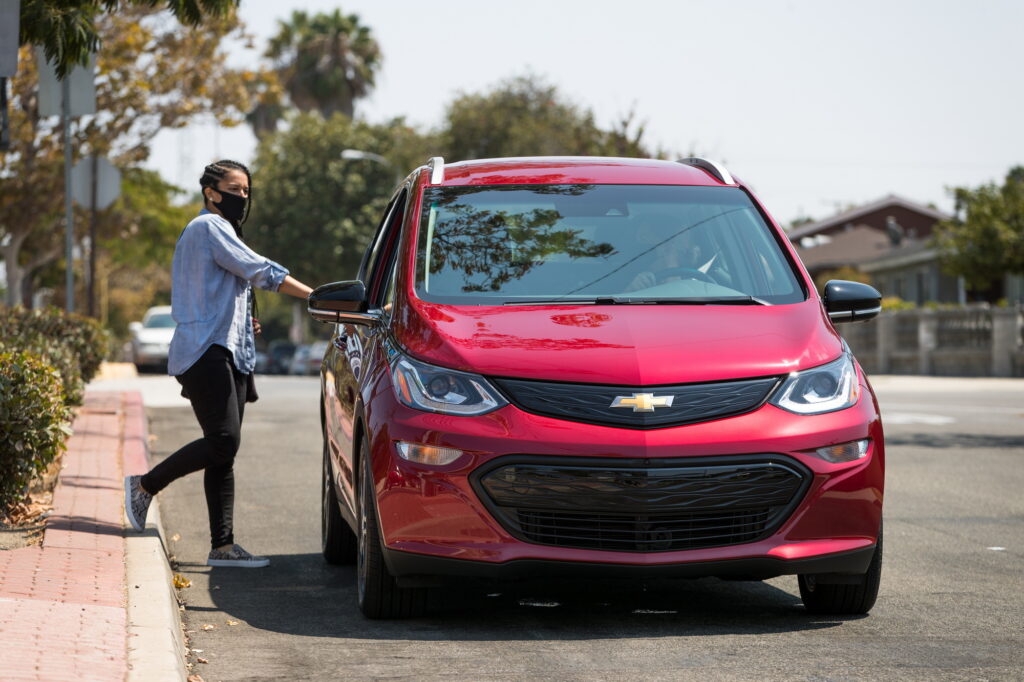When rideshare drivers open their app and look for fares, they’re shown how much they’ll make for a particular ride. Just what goes into calculating that price is unclear, and it may not be the same for everyone.
Veena Dubal, a professor at the University of California College of the Law, claimed in a recent paper that rideshare apps promote something she describes as “algorithmic wage discrimination,” reports NPR. Essentially, two different drivers taking the same fare will make two different amounts of money.
Rideshare drivers have long shared anecdotes about this, and a YouTube video by the channel The Rideshare Guy documented the phenomenon when the host and his brother found that they were quoted different prices for identical rides.
Just what’s behind that difference isn’t clear, though. Whereas the biases of human bosses can often be gleaned, Uber, Lyft, and other apps (not just rideshare apps) can hide behind an algorithm that is a black box to everyone outside the company.
Read: Uber, Lyft, And DoorDash Don’t Have To Treat Drivers As Employees In California

For its part, Uber denies that it personalizes fares to individual drivers, and explicitly claims that it does not base rates on a driver’s ethnicity, their acceptance rate, nor any prior trip history. Meanwhile, a spokesperson for Lyft claimed that the Dubal’s paper was biased and cherry-picked data.
However, the concept of personalized pay is attracting the attention of regulators because of its danger. It’s enormously disempowering to the people who are being paid, who have no say over how an algorithm views them.
“The app is their boss,” Dubal told NPR. “But unlike a human boss who you can negotiate with or withhold information from, the algorithms know so much about these workers.”
In her paper, Dubal says that because apps like Uber and Lyft treat their employees as private contractors, they cannot explicitly tell them where to go or what to do. Instead, she claims, they use pay mechanisms to influence the behavior of drivers, learning everything they can about each worker, and manipulating pay to get the most out of them.
Beyond the dystopian horror of that allegation, it has been found elsewhere that algorithms like these can recreate traditional discrimination. Some apps have discovered that their algorithms pay women less, for instance.
That’s a concern for regulators, and the Federal Trade Commission is looking into it. Lawsuits are also testing whether this kind of pay constitutes price fixing. However, it is not yet clear whether any of this is strictly illegal, so rideshare drivers may just have to suffer the whims of the algorithm for now.




